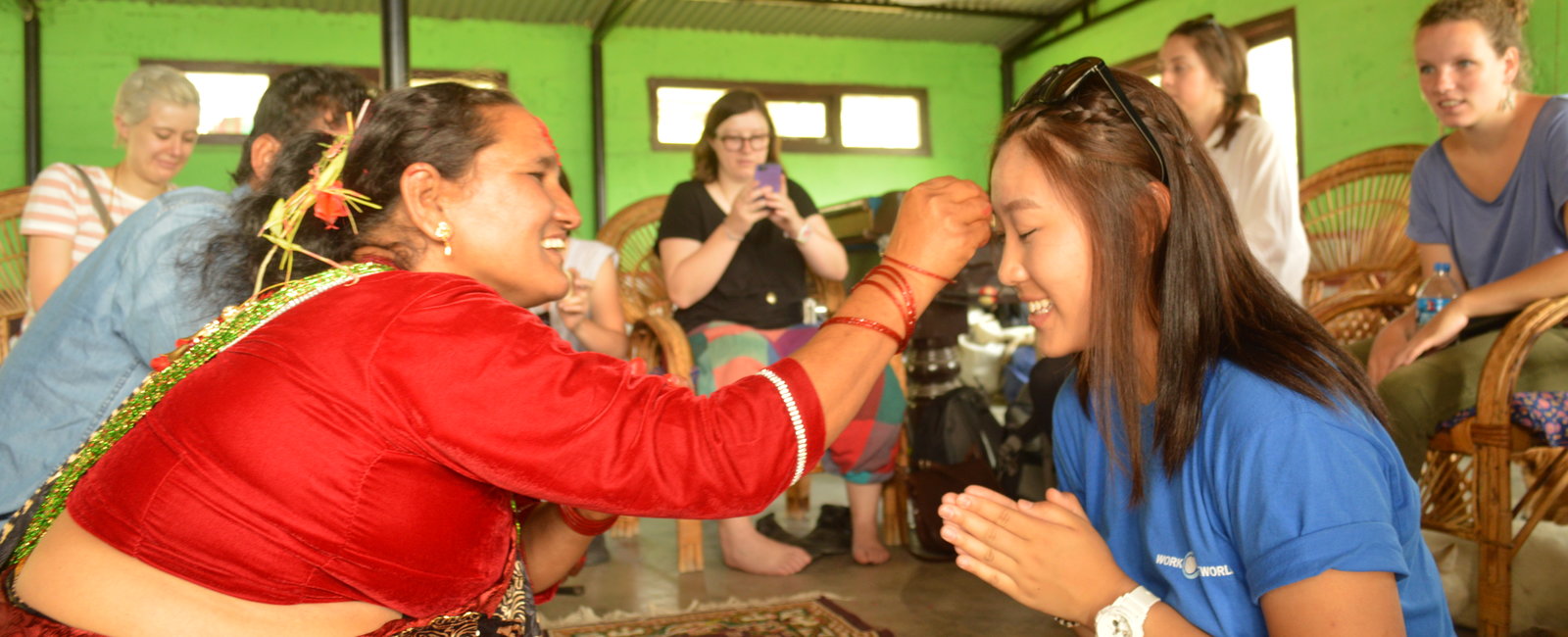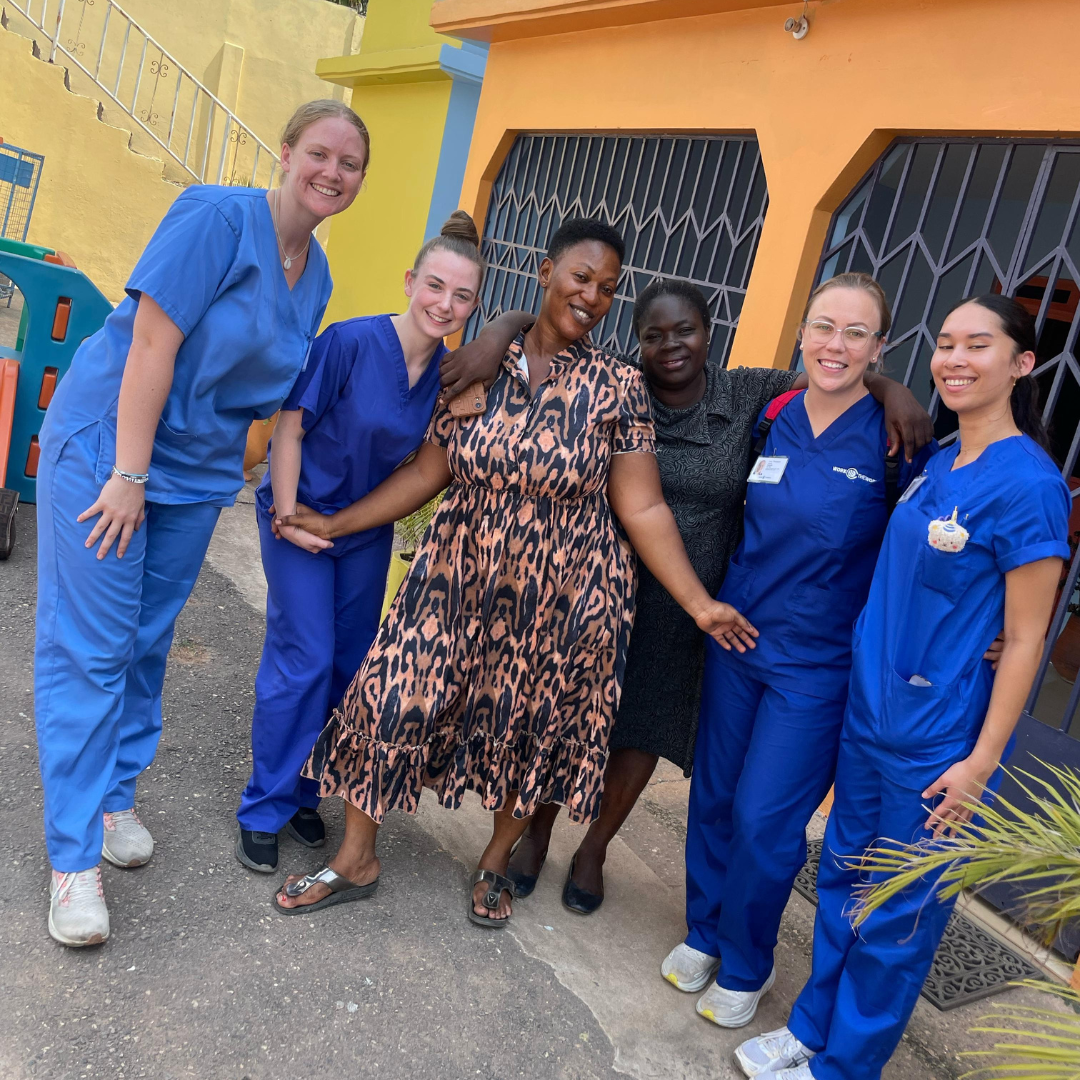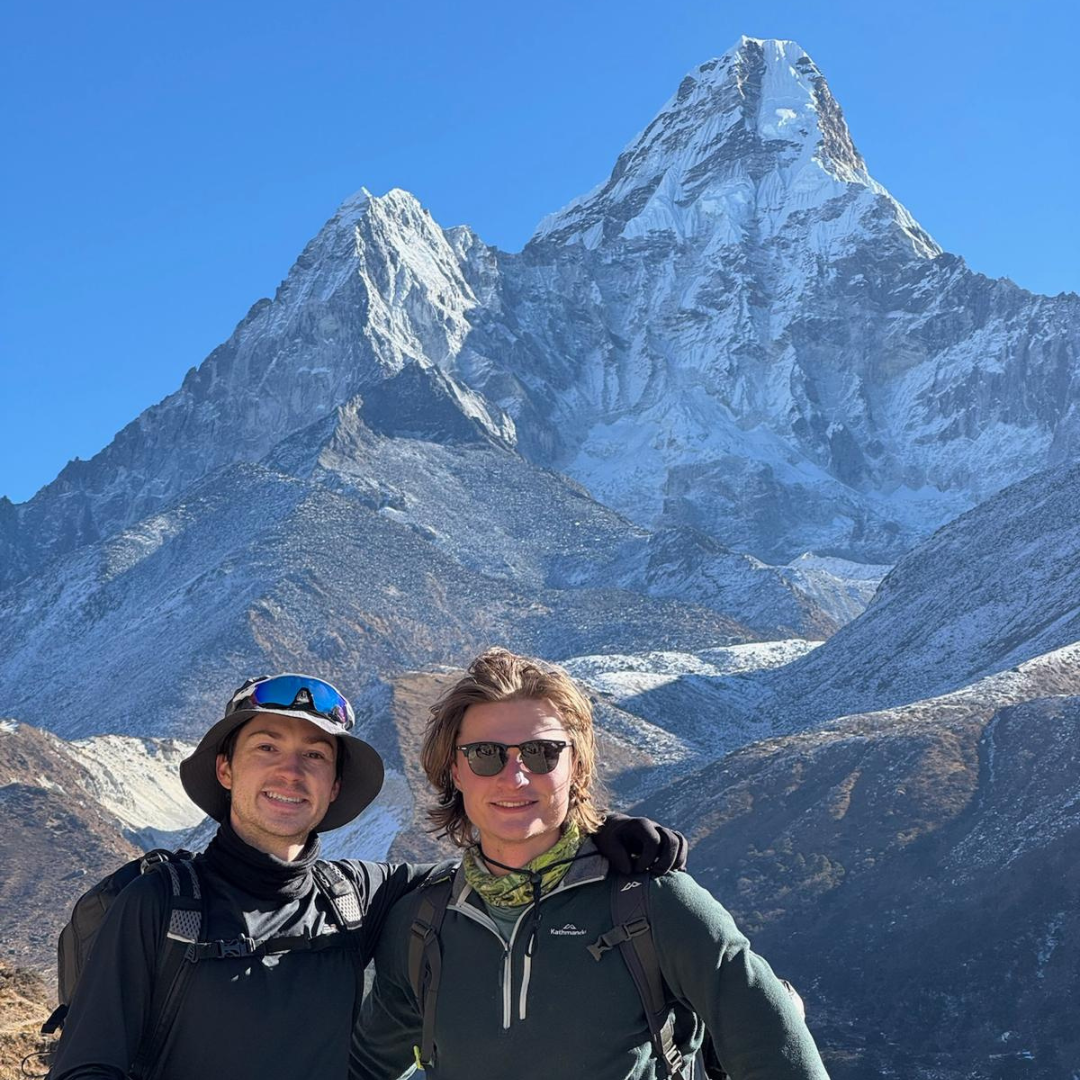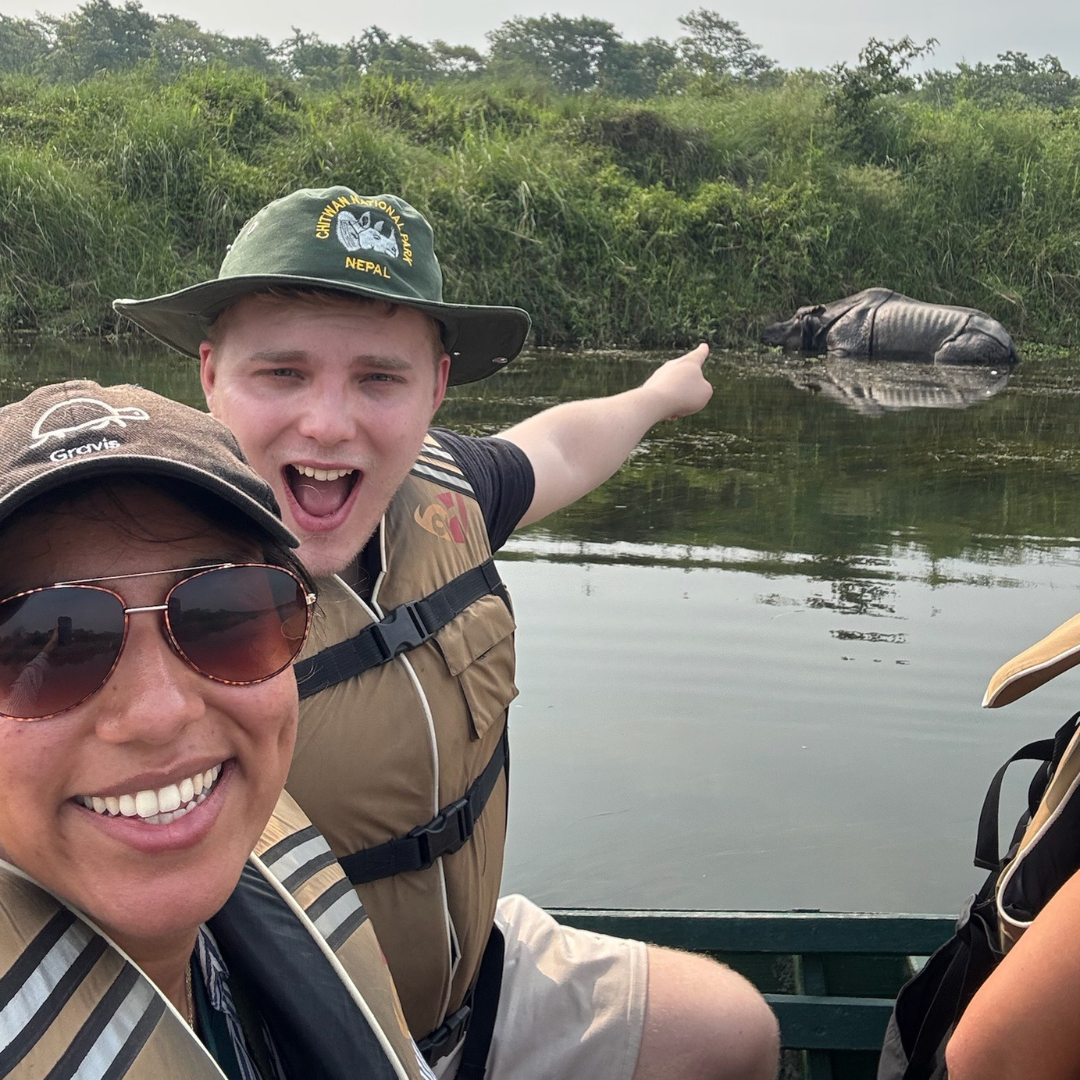University of Warwick 2019
My first impression of my placement hospital was that it was pretty similar to the way UK hospitals are organised. There were plenty of recognisable signs and departments.
The differences were material. The facilities and equipment just weren’t as good as what we have in the UK.
I took blood using equipment older than we have in the UK. As I work in the military, I found this really useful — I may, in the future, be required to use equipment like this in developing countries.
To begin with, I had to be inventive with how I communicated with the patients and staff. But my language skills improved significantly while I was there.
It’s true that the majority of doctors spoke English (they train in English-speaking countries), but many nurses and patients did not.
The language lessons in the Work the World house helped too.
Sri Lankan society is very different from that of the UK. The majority of the population is just trying to earn a decent income for their families, and this seems to make them more grateful for what they have. This included the care they received. It helped me empathise with them that much more.
It was important for them to get better quickly so they can get back to providing for their family — there is no social security system to fall back on as there is in the UK.
The country had other systemic disadvantages. A good example is the lack of implemented regulation of the road system. This meant lots of traffic accidents.
Something that surprised me was how good the quality of care was in areas of the hospital that dealt with RTA patients.
For example, during my trauma and orthopaedic placement, the theatres and treatments provided to trauma patients were nearly identical to those in the UK. This was also the case for the caesarean sections I observed during my time in OBG.
I was lucky enough to see twins being born naturally — something I would be very unlikely to see in the UK.
In the UK, twins are usually born via caesarean section. There are many caesareans performed in Sri Lanka, but (due to lower resources) the number is lower than in the UK.
They even had staff trained specifically to deal with natural twin births. In the UK, staff have become deskilled in this area due to the preference for caesarean section.
Seeing the twin girls being born involved a fair amount of waiting around, but it was so worth it. It was a special experience to see them delivered safely to a grateful mum.
One of the best examples of the difference in practice between the UK and the home was the way clinics were run.
To help resources meet the demand, there were many more patients booked into a clinic timeslot than there would be in the UK. To make matters worse, patient privileges considered absolute in the UK took a back seat.
One example of this was patient privacy and confidentiality. Clinics were often so full that queuing patients stood directly behind the patient currently being consulted. They could hear everything that was being said about the patient ahead of them.
After my main hospital placements, I joined Work the World’s Village Healthcare Experience.
The differences in practice here were challenging to observe.
It was fascinating to see Ayurvedic medicine (otherwise known as tree medicine) in action. That said, seeing serious conditions treated with topical treatments made from leaves and bark was difficult. These conditions would have been managed very differently in the UK.
However, I appreciated that seeking these treatments was, ultimately, a choice for individuals to make. Government-subsidised ‘Western’ medicine was still available to people (although it often involved a lot of travelling on public transport).
Local people seemed to place a lot of trust in this style of medicine. Previous generations had done so for millennia, and so they held stock in the tradition. It was important to them, and that was their right.
I had many preconceptions about what medicine in Sri Lanka would be like. Most of them turned out not to be true.
It was nice to share with hospital staff that the quality of the care they provided was (in most cases) as good as the UK’s offering.
They were surprised to hear it, but delighted in equal measure. I think it made them proud of their country and the healthcare they were providing.
The experience was a great opportunity for cultural exchange. I was able to provide local staff with facts confirming or refuting their own preconceptions about healthcare in the UK. Few people can afford to leave Sri Lanka, let alone experience healthcare in a developed country for themselves.
For a student of Western medicine, the utility of a medical placement abroad cannot be overstated. It was incredibly insightful to see the realities of healthcare in a developing country, and the main impact of seeing this was twofold:
Firstly, it made me appreciate the healthcare we have in the UK, encouraging me to share stories about how lucky we are to have a system such as the NHS.
Secondly, despite my preconceptions, the standard of care in Sri Lanka was actually very good, comparable to the UK in many ways.
The experience helped me realise that in developing countries, things that are sacred in the UK — like patient privacy and confidentiality — are sacrificed in order to provide higher quality healthcare.
It was humbling to see humans acting so selflessly towards one another. The trip was absolutely worthwhile. And this is saying nothing of being in a beautiful country that you’ll get to experience whilst there!
Read more about our Electives in Asia, and you'll find options in Nepal and beyond.









